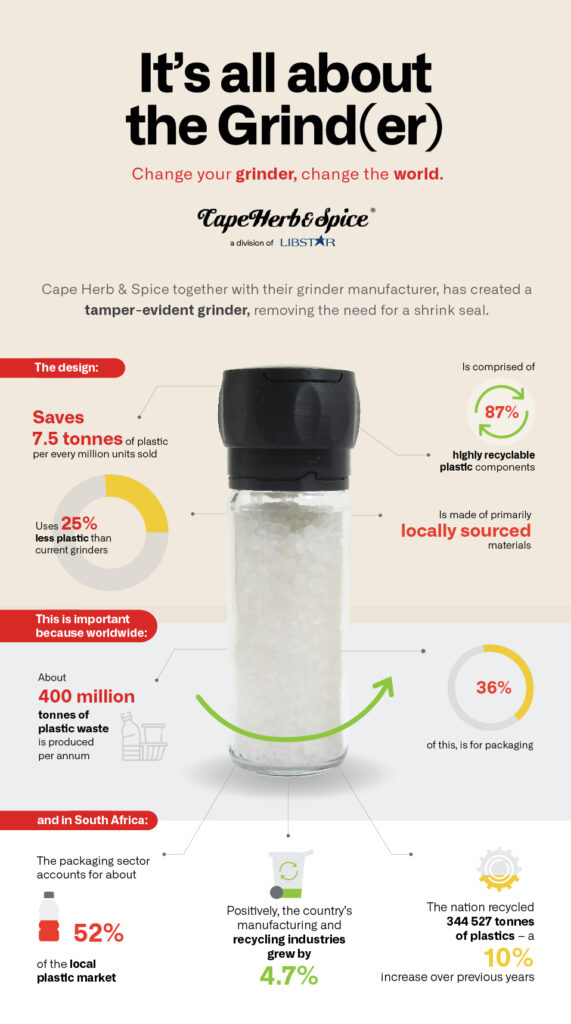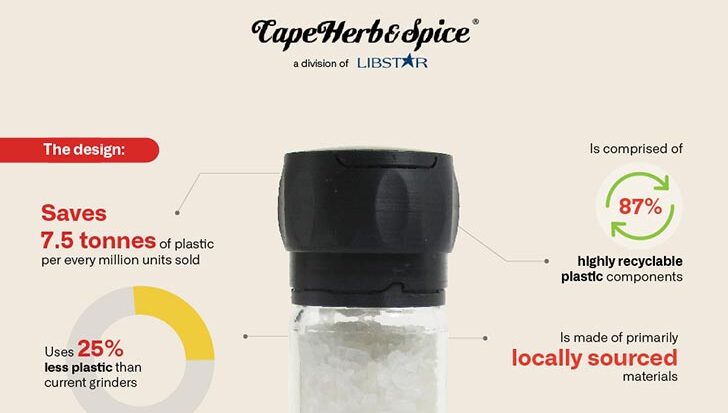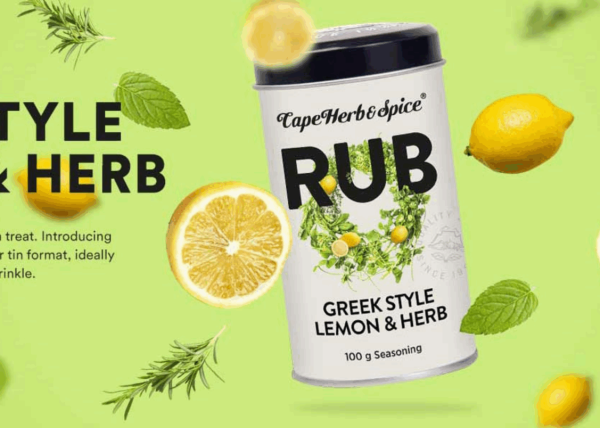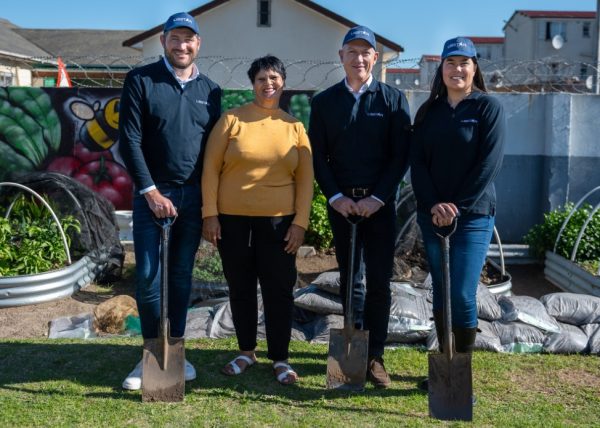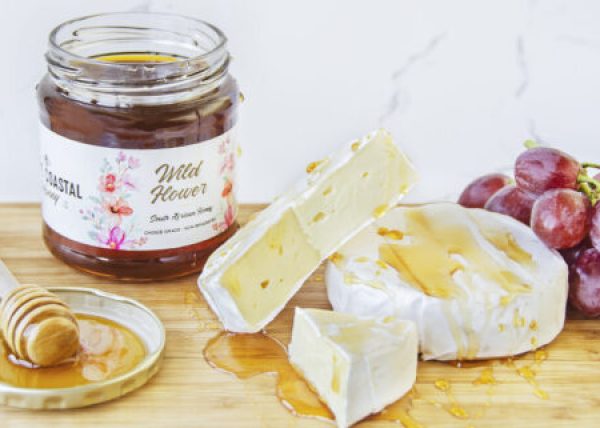Globally, about 400 million tonnes of plastic waste is produced per annum, with 36% of this primarily for packaging, 85% of which goes to landfills. Critically, not all plastics are equal – some are significantly more recyclable than others.
Knowing this, Cape Herb & Spice, a division of South African CPG group Libstar, has worked with their long time grinder manufacturer to derive a simple innovation that could cause positive ripples around the world.
A grinder that will save two small African elephants’ worth of plastic, for every million units produced.
Shelley Barnard, Sales & Marketing Executive for Cape Herb & Spice, says the group has come up with a ground-breaking innovation. The new grinder design removes the need for a tamper evident shrink seal by building this function into the grinder itself. “The shrink seal is very light plastic that is largely non-recyclable. Even if the plastic is recyclable, it is often too light to be picked up in the recycling stream. So, removing this adds a major boost to the sustainability of the unit.”
The tamper evidence is built into the grinder across two levels – a world-first that took over a year to conceptualise and perfect.
“We’re examining every aspect of our value chain, from our factory lighting electricity consumption and water usage to all aspects of our packaging, across the value chain. The idea for the tamper-evident grinder was born out of this process. We looked for ways to innovate and make a significant impact. Although it may seem like a small step, it has the potential to create significant changes worldwide. We hope that many retailers will adopt this design for their private labels, kickstarting a chain of change.”
Almost 90% of the new grinder components are now highly recyclable while maintaining functionality. This fits with the Libstar group’s greater ESG-forward agenda to reduce emissions and drive water and energy sustainability.
To use the product for the first time, the tab on the top is broken but remains attached. This releases the lid, after which the consumer can use the grinder. The tamper band on the base of the grinder will split off if the top is removed. The result is convenient, tamper-proof and environmentally friendly.
A further innovation is the shift to more commonly recycled and lighter weight plastic for the grinder head. Recognising this, Cape Herb & Spice, together with their grinder manufacturer, came up with a new tamper-evident grinder design that is:
- 25% lighter in weight
- Uses a widely recycled plastic (polypropylene) for the grinder head with just the mechanism remaining acrylic increasing the widely recycled component to make up 87% of the grinder
- Set to save 7.5 tonnes of plastic per 1 million units sold
Barnard says the move to less plastic is consumer-led, “We’re excited to have seen a call from consumers demanding a shift to a principled, ‘people-planet-first’ approach. This is driving an industry-wide effort to reduce plastic waste, especially in packaging.“
“The recycling world is highly regulated and extremely complicated. When we can’t eradicate plastic use entirely, we drive a shift to more commonly recycled plastics produced locally, that are typically recycled around the world. We still use a small amount of imported acrylic plastic in the mechanism to guarantee a high-quality grind, but this is dramatically reduced.”
The company’s focus on localising its packaging supply is also shared by the South African industry as a whole. Shortening the supply chain has a significant positive impact on reducing emissions, and we’re striving to produce and package goods locally at competitive prices. This is our ideal scenario.
The South African government’s introduction of legislation that holds brand owners responsible for paying a fee for plastic recycling has created an incentive for organisations to prioritise ESG agendas. Barnard explains, “Currently, there’s a gap between the cost of recycling and the income generated by it, which makes recycling economically unfeasible. This legislation will boost recycling-related income and help to bridge the gap. Government policies and consumer expectations must work in tandem to set a new benchmark.”
Finding a recyclable solution that works across multiple jurisdictions, both overseas and in South Africa, is not an easy task.
The recycling landscape is incredibly complex, and materials that are commonly recycled in one area may not be in another. The tamper-evident grinder is a game-changer because it is designed to be recyclable worldwide.
Barnard adds, “That’s also why we are so proud of this design. We want South Africa to lead this movement. As a nation defined by ingenuity and creativity, we can use our talents to develop innovative solutions that the rest of the world can admire and adopt.”
